Different Types of Acne and How to Treat Them
Acne is a common skin condition that affects people of all ages, from teenagers to adults. Interestingly, adult acne, particularly in women, has seen a significant increase. According to the Dermatology Times, adult acne in women has increased by 10% around the world over the past decade. It can be frustrating and challenging to deal with, especially when you don't understand the type of facial acne you have and the most effective treatments. In this blog post, we will explore the different types of acne and provide insight into how a professional can treat each one for better skin health.
Whiteheads
Whiteheads are a common type of acne that forms when dead skin cells, oil, and bacteria clog your pores. Whiteheads remain closed at the surface, creating small bumps on the skin that are flesh-colored or white. They often appear on the face, particularly on the nose, forehead, and chin. To treat whiteheads, seek help from a professional dermatologist. Professionals can provide gentle exfoliation and suggest specific non-comedogenic skincare products that can help prevent further clogging. Experts will suggest treatments containing salicylic acid or benzoyl peroxide to reduce inflammation and unclog pores. Consistent skincare routines and avoiding excessive touching of the face can also help minimize the occurrence of whiteheads.
Blackheads
Blackheads are another type of acne caused by clogged pores. Unlike whiteheads, blackheads remain open at the surface, and their dark appearance is due to the oxidation of trapped material when exposed to air. Blackheads are non-inflammatory and less painful than whiteheads but can be stubborn to treat. Don't hesitate to let professionals assist with this acne type. They'll use products that can help clear pores by gently exfoliating and reducing oil buildup. Regular cleansing, using non-comedogenic products, and avoiding excessive scrubbing can prevent blackheads from forming or worsening over time.
Papules
Papules are small, red, inflamed bumps that occur when oil, bacteria, and dead skin cells block pores and trigger an immune response. Unlike whiteheads and blackheads, papules do not contain pus and are typically tender to the touch. They often appear in clusters, creating an uneven texture on the skin. To treat papules, it's important to avoid picking or squeezing them, as this can worsen inflammation or lead to scarring. Reach out to dermatologists for proper treatment techniques. Products containing benzoyl peroxide or retinoids can help reduce inflammation and promote skin turnover.
Understanding the type of
facial acne you are dealing with is the first step towards effective treatment. By confirming whether you have whiteheads, blackheads, or papules, professionals can tailor your treatment approach accordingly. Remember, consulting a dermatologist can provide you with personalized recommendations and help you achieve clearer, healthier skin. Contact The Dermatology Clinic, PA to learn more.
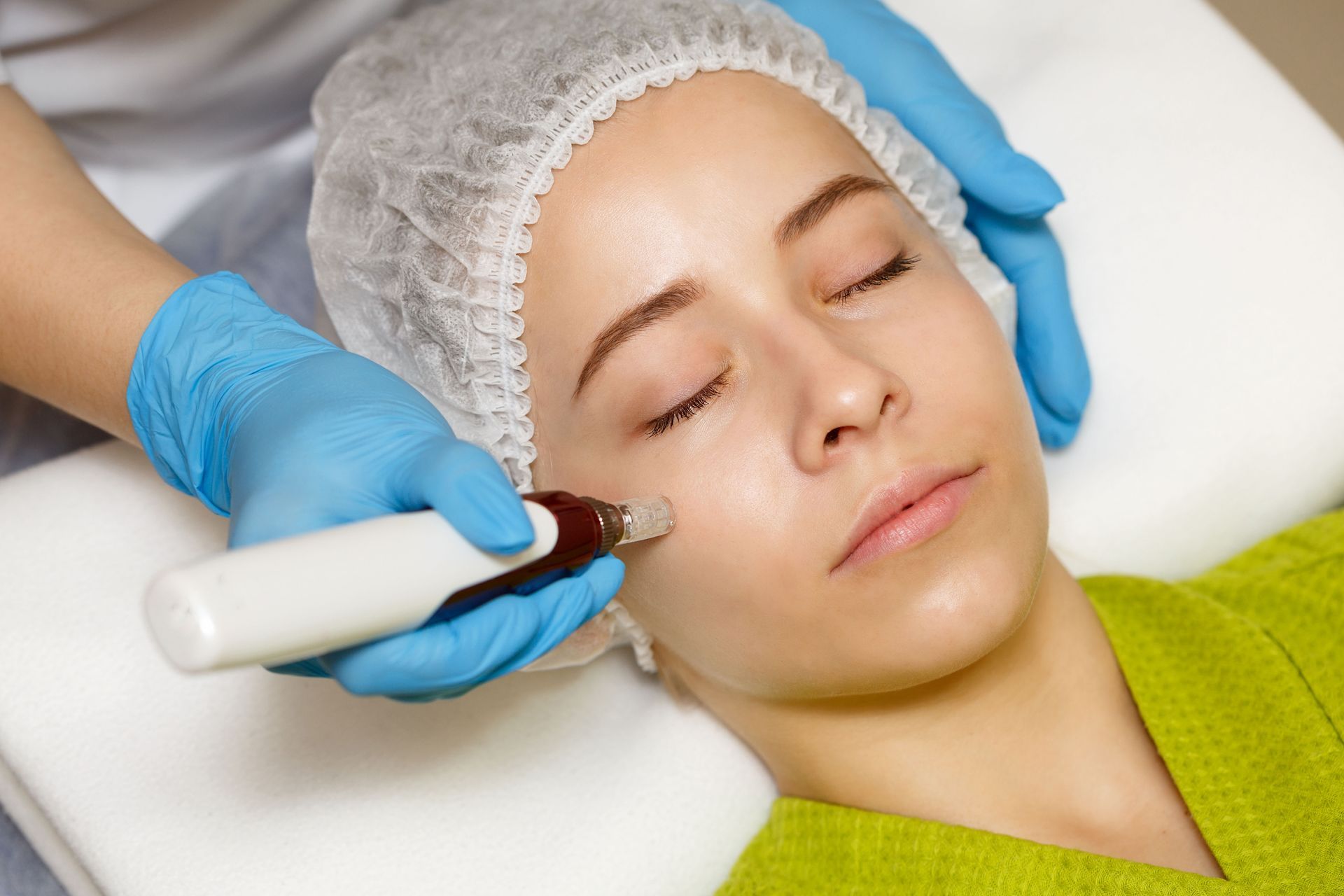

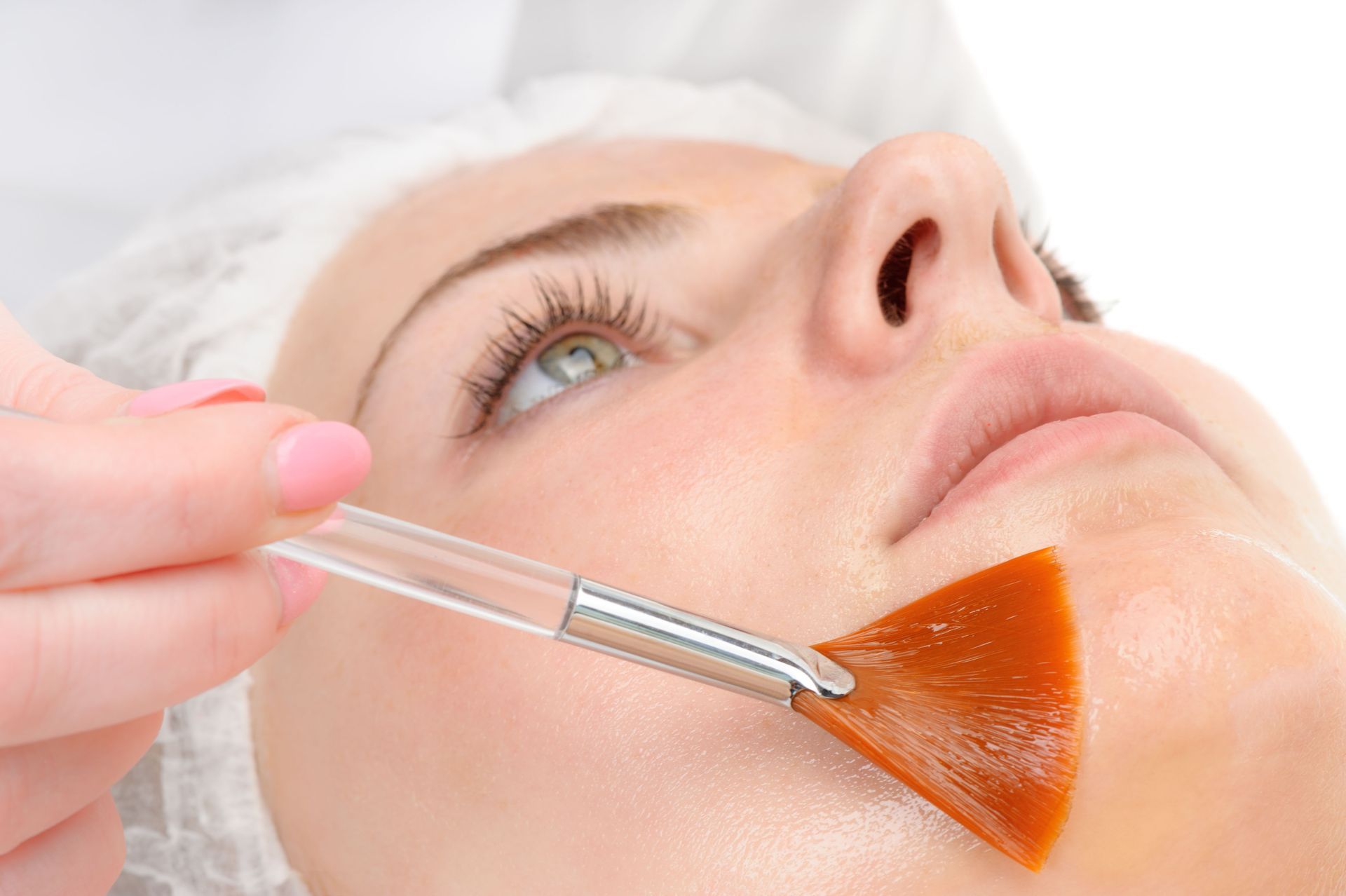
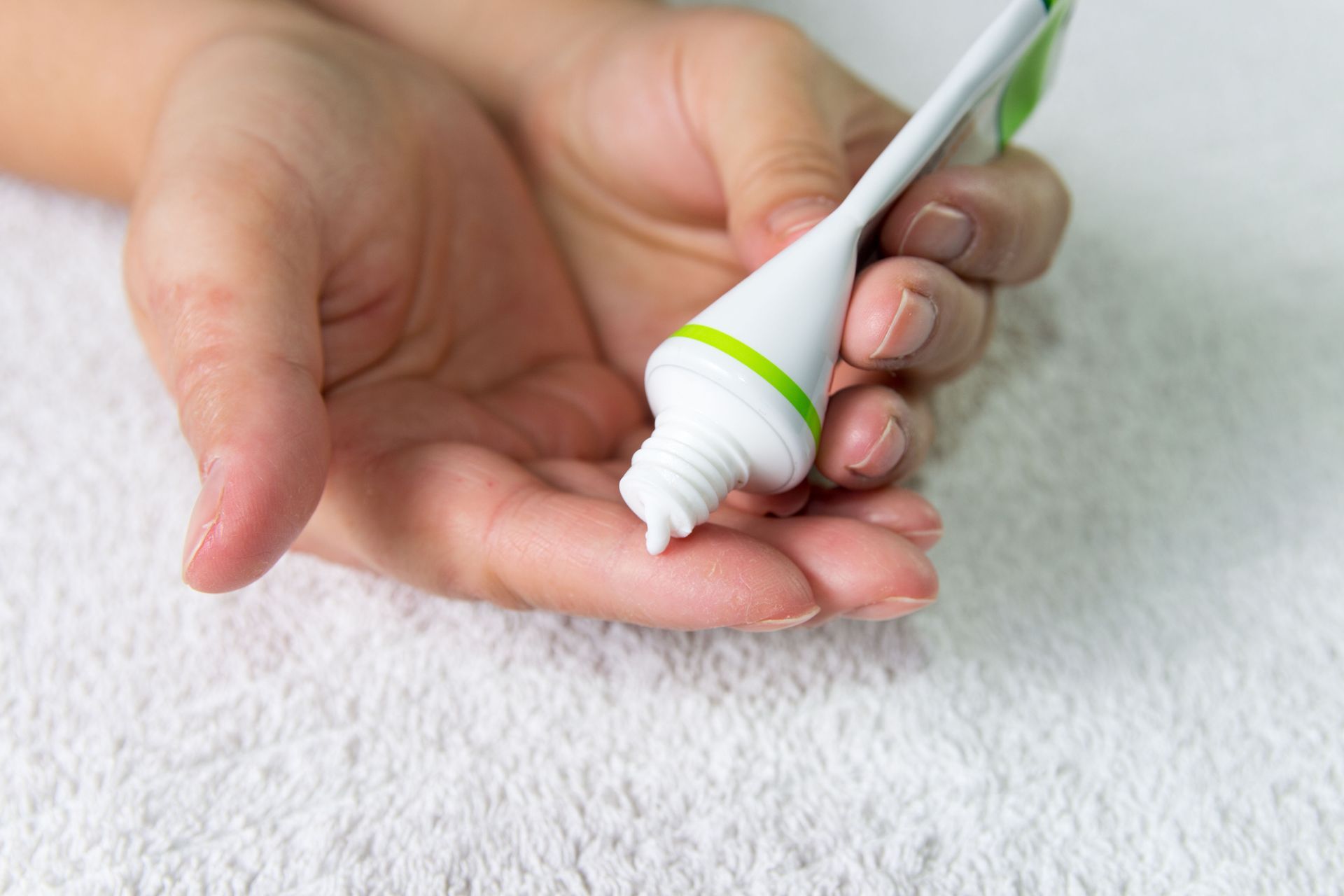
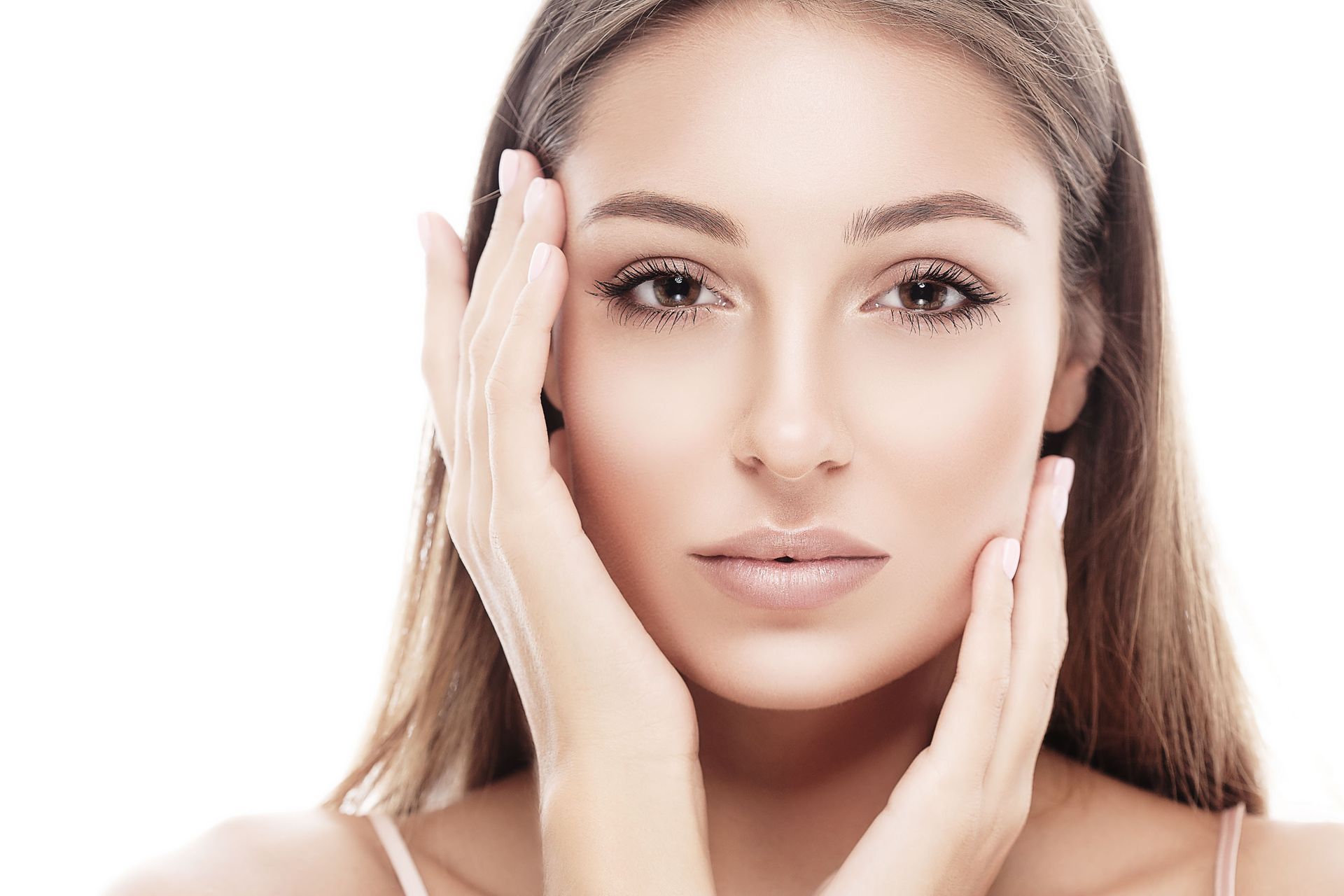
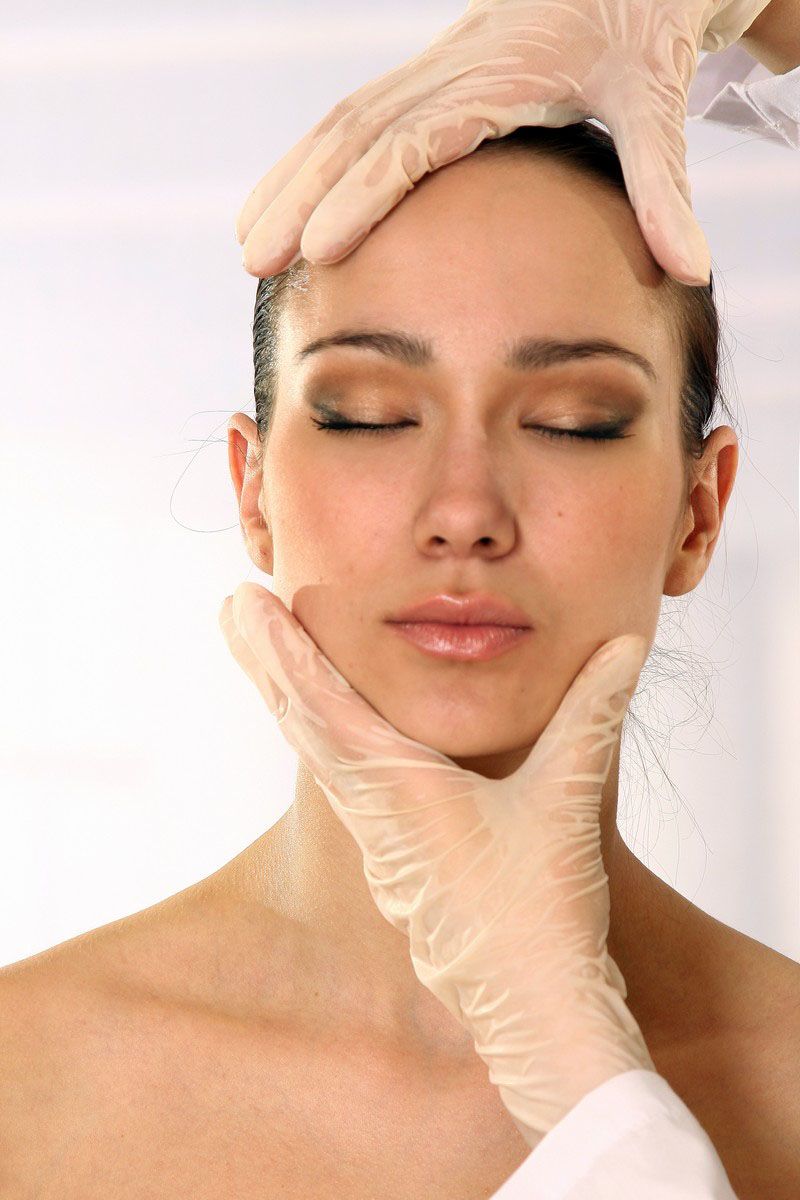
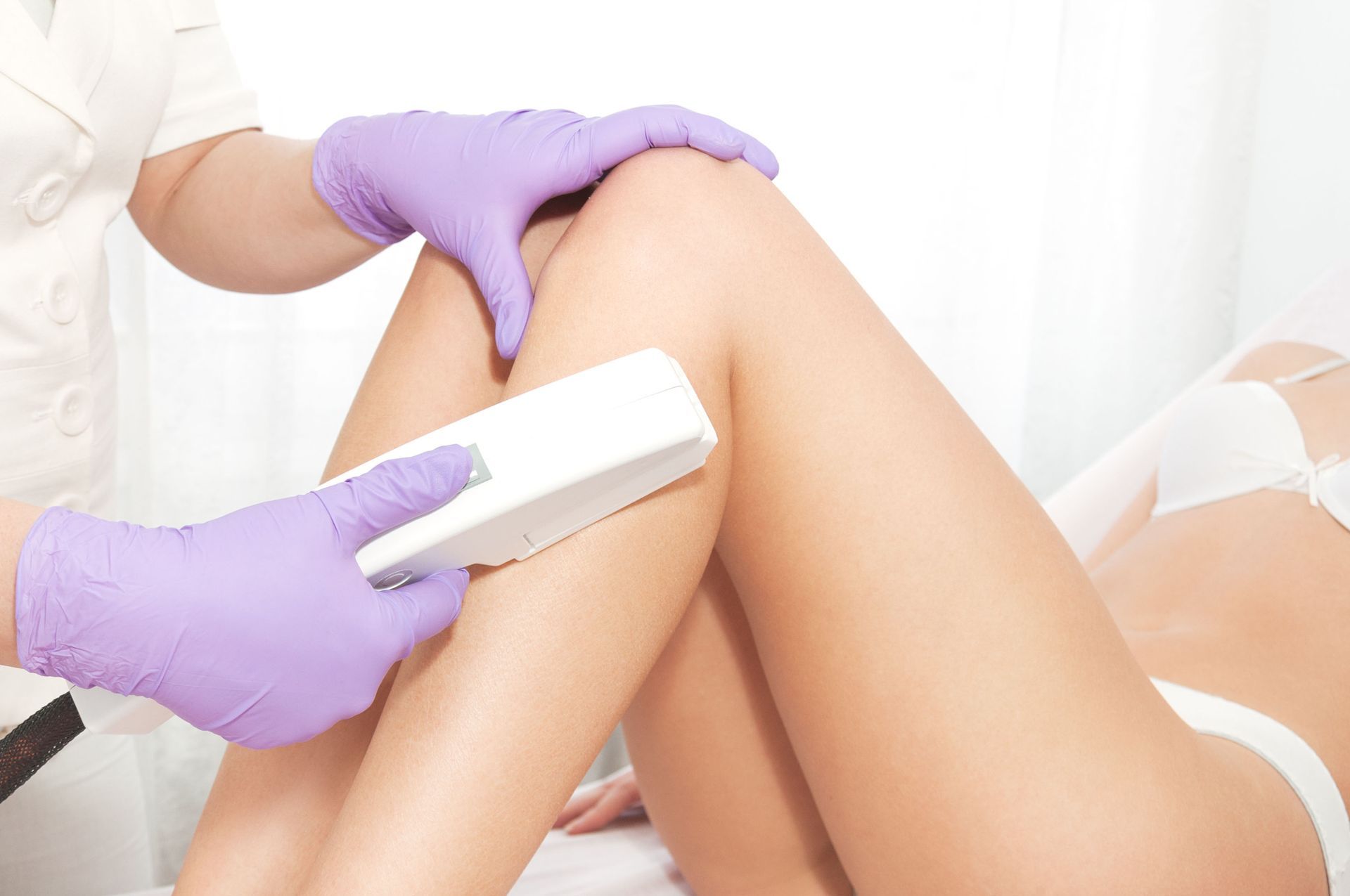
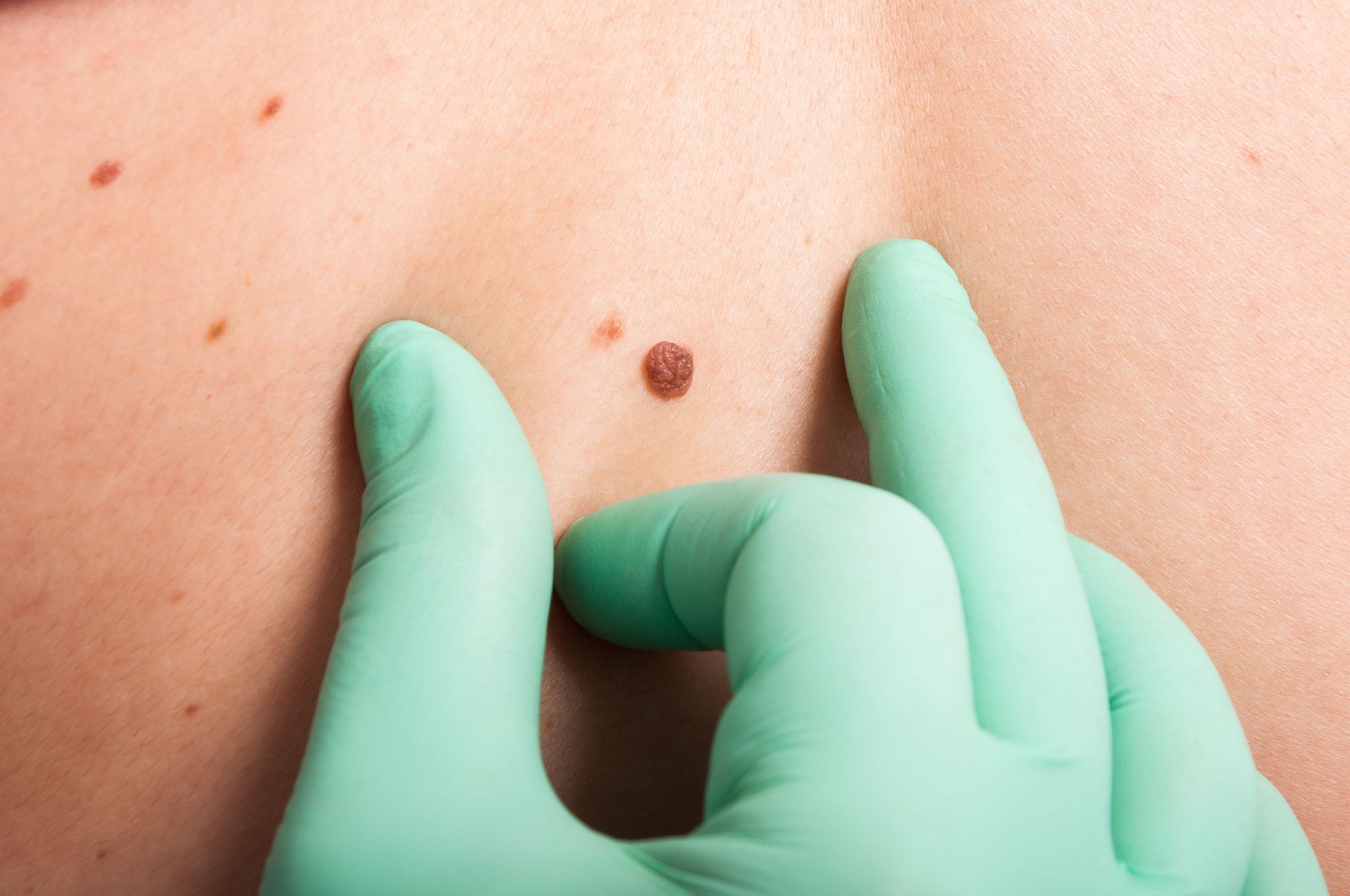
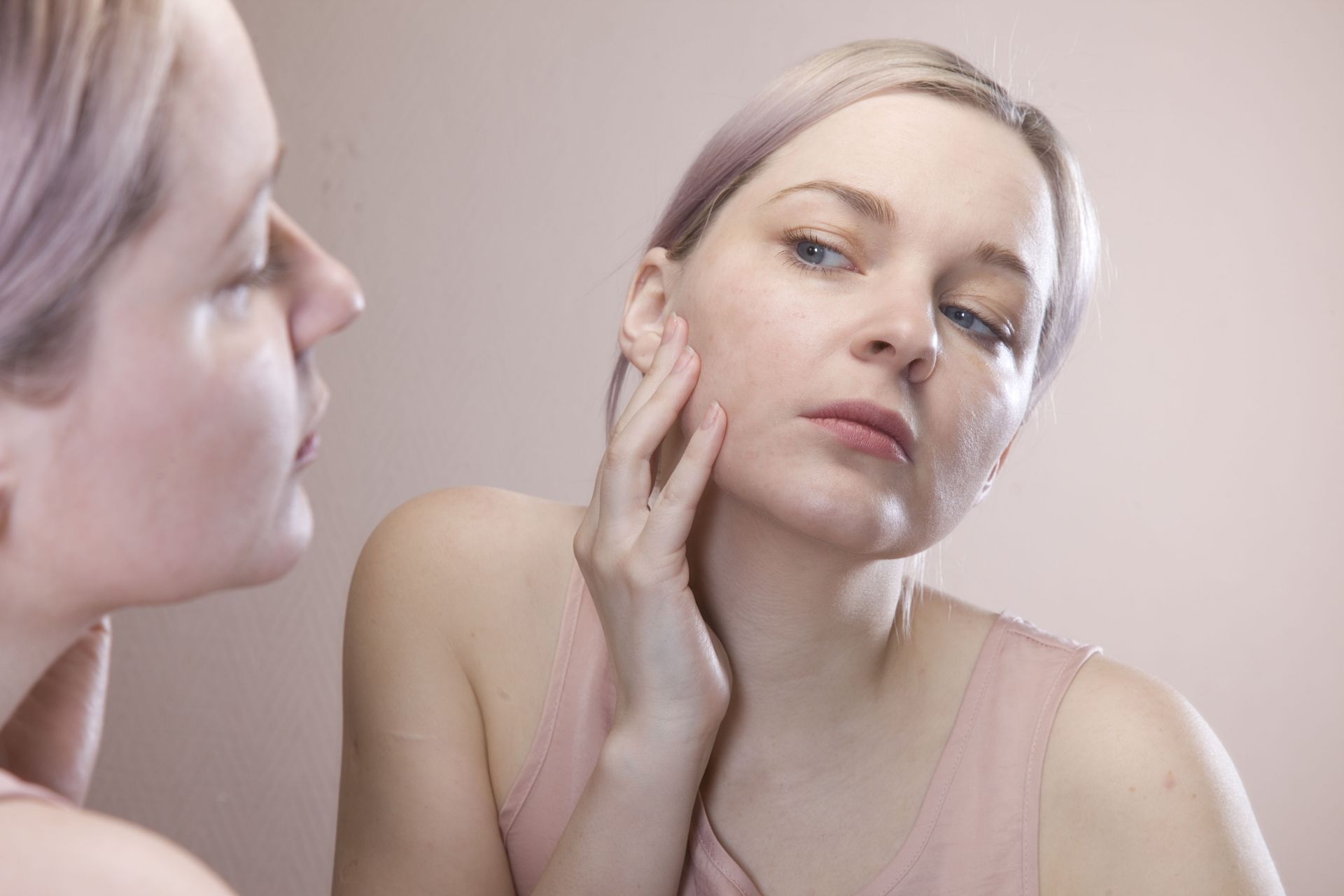
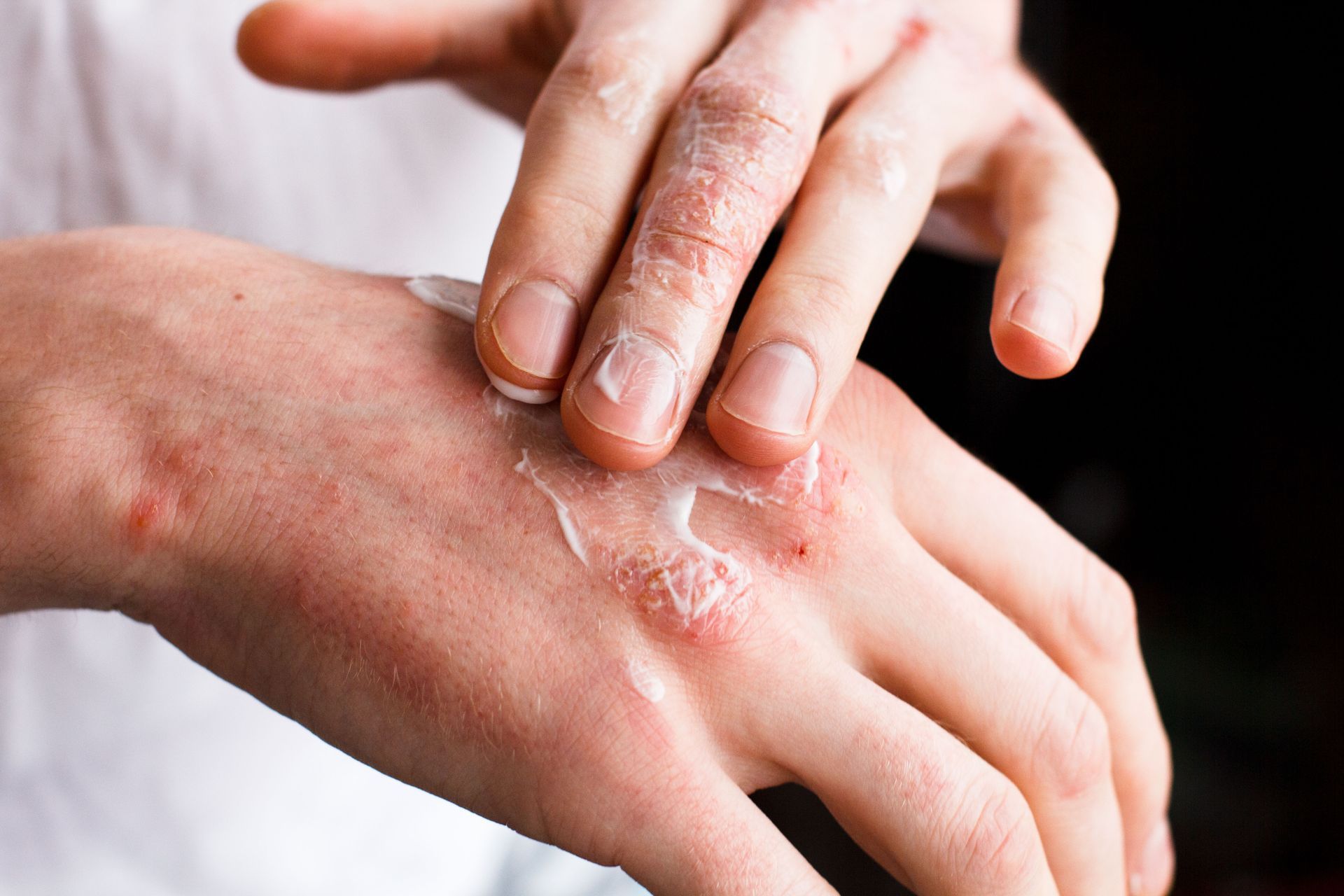
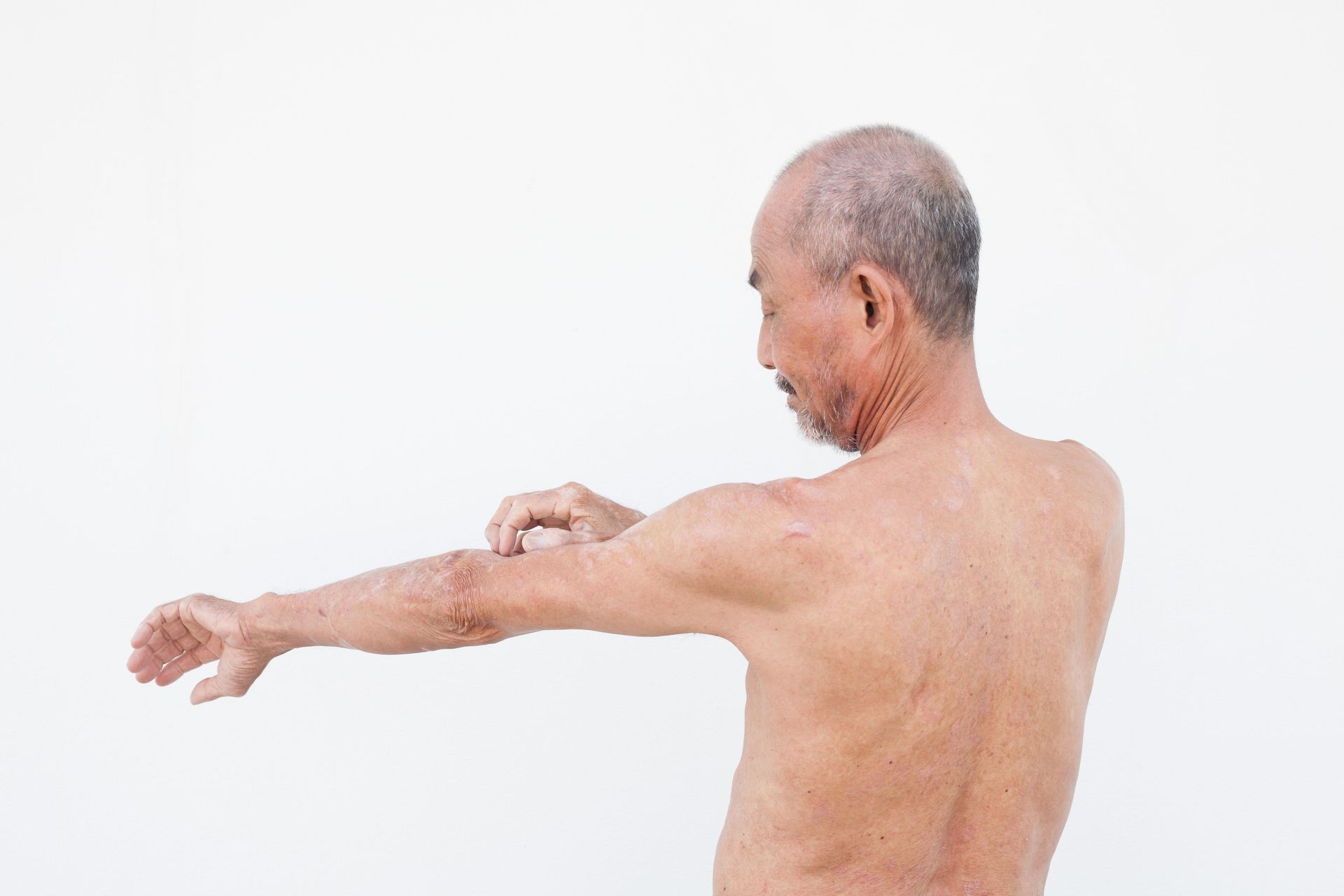
Share On: